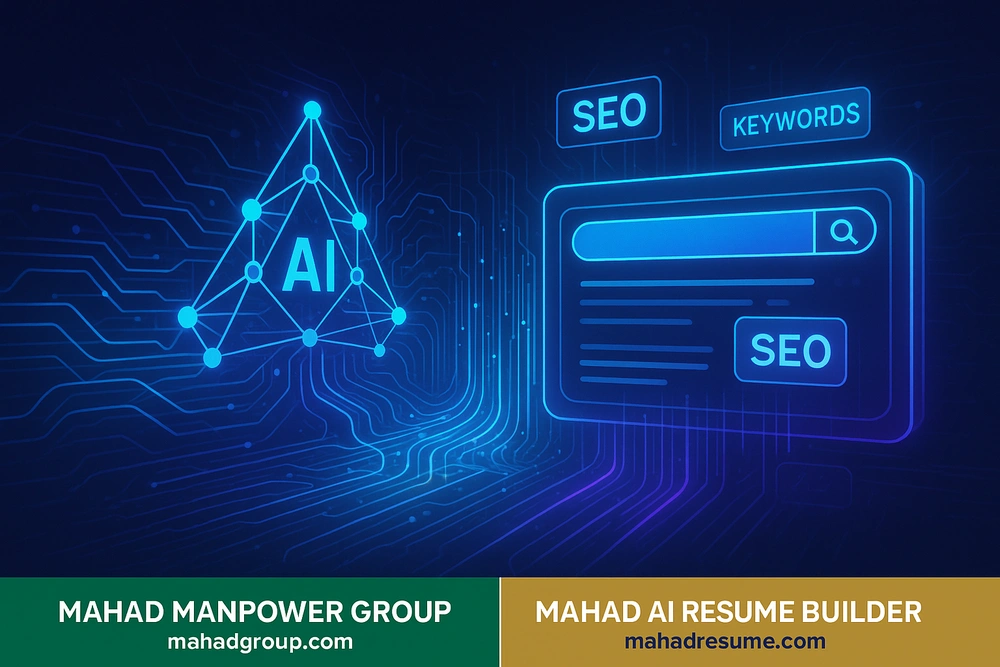The Evolution of Search: Understanding the AI Future of SEO. The digital marketing landscape is experiencing its most significant transformation in decades. As artificial intelligence reshapes how users discover information online, professionals across industries are asking a critical question: What does the AI future of SEO look like, and does traditional optimisation still matter?
The answer is both reassuring and complex. While search engines are evolving rapidly with AI-powered features, the fundamental principles of optimisation remain as relevant as ever. However, the way we apply these principles is changing dramatically. Afirst search will chatgpt replace
Why AI Future of SEO: Fundamentals Remain Unchanged
Despite the emergence of AI Overviews, answer engines, and generative search experiences, the core tenets of effective optimisation haven’t disappeared. Creating high-quality content that genuinely serves user intent, building authority through credible sources, and ensuring technical excellence continue to drive visibility.
What’s changing isn’t whether optimisation matters, but rather the channels through which users access information. The AI future of SEO doesn’t eliminate the need for strategic content development. Instead, it expands the playing field beyond traditional search engine results pages.the future of seo with AI
The Rise of Generative Engine Optimisation
Industry experts now discuss concepts like Generative Engine Optimisation (GEO), AI SEO, and Answer Engine Optimisation (AEO). While terminology debates continue, the underlying reality is undeniable: AI-powered systems are increasingly mediating how users find and consume information. Death of SEO future of search engine optimization
According to research from government digital services, including insights from the U.S. Digital Service, organisations must adapt their content strategies to remain discoverable across multiple information retrieval systems. This shift doesn’t replace traditional SEO practices but extends them into new territories.
How AI Is Transforming Search Behaviour
Modern search experiences increasingly provide direct answers rather than lists of links. Google’s AI Overviews, Microsoft’s Copilot integration, and standalone AI assistants like ChatGPT are changing user expectations. People now expect immediate, synthesised answers to complex queries.
This transformation in search behaviour requires content creators to think beyond ranking for specific keywords. The AI future of SEO demands content that can be understood, extracted, and synthesised by both human readers and machine learning systems.
Adapting Your Strategy for AI-Powered Search
 Successfully navigating the AI future of SEO requires a multi-faceted approach: Aifirst search will chatgpt replace
Successfully navigating the AI future of SEO requires a multi-faceted approach: Aifirst search will chatgpt replace
Create Comprehensive, Authoritative Content
AI systems favour content that demonstrates expertise and thoroughly addresses user questions. Surface-level articles no longer suffice. Your content must provide genuine value that stands out in an increasingly crowded information landscape.
Structure Information for Machine Understanding
Implementing proper schema markup, clear heading hierarchies, and logical content organisation helps AI systems extract and present your information accurately. According to guidelines from Schema.org, structured data enables search engines and AI assistants to better understand content context and relationships.
Build Genuine Authority
Trust signals matter more than ever. Quality backlinks, author credentials, consistent publishing schedules, and transparent sourcing all contribute to how AI systems evaluate content credibility. Organisations should focus on earning recognition as authoritative sources within their domains.
Optimise for Multiple Discovery Channels
The AI future of SEO isn’t just about Google. Content must perform well across various platforms, including AI chatbots, voice assistants, social media discovery feeds, and traditional search engines. This requires understanding how different systems index, interpret, and present information.
The Terminology Debate: What Should We Call It?
Whether you call it SEO, GEO, AI optimisation, or information engine optimisation, the underlying principle remains constant: visibility requires optimisation. The industry has always evolved its terminology as new technologies emerge.
Just as “search engine positioning” eventually became “SEO” in the 1990s, new terms will naturally emerge to describe optimisation for AI-powered discovery systems. Rather than resisting this linguistic evolution, forward-thinking marketers should focus on mastering the underlying strategies.
Measuring Success in the AI Era
Traditional metrics like organic traffic and keyword rankings remain important, but they tell an incomplete story. The AI future of SEO requires expanded measurement frameworks that include:
- Brand mention frequency in AI-generated responses
- Content citation rates across various AI platforms
- User engagement metrics beyond click-through rates
- Conversion performance from diverse traffic sources
- Authority indicators and trust signals
The Human Element Still Matters
Despite increasing automation, human creativity, empathy, and strategic thinking remain irreplaceable. AI tools can assist with content creation, optimisation, and analysis, but they cannot replace the nuanced understanding that human marketers bring to strategy development.
Research from the National Institute of Standards and Technology emphasises the importance of human oversight in AI systems, particularly regarding accuracy, bias detection, and ethical considerations. This principle applies equally to content optimisation strategies.
Preparing for Continued Evolution
The AI future of SEO will continue evolving as technology advances. Organisations that succeed will embrace flexibility, continuous learning, and a willingness to experiment with new approaches while maintaining focus on fundamental optimisation principles.
Rather than fearing change, view this transformation as an opportunity to refine your approach, reach audiences through new channels, and establish your organisation as a trusted information source across multiple platforms.
Conclusion: Optimisation Always Matters
Regardless of terminology or technology shifts, one truth remains constant: if you want your content discovered, you must optimise it. The AI future of SEO doesn’t eliminate this requirement but rather expands the scope of what optimisation means.
By combining timeless SEO fundamentals with adaptability to emerging technologies, organisations can maintain visibility and relevance regardless of how search continues to evolve. The question isn’t whether to optimise, but rather how to optimise for an increasingly diverse and sophisticated information discovery ecosystem.

